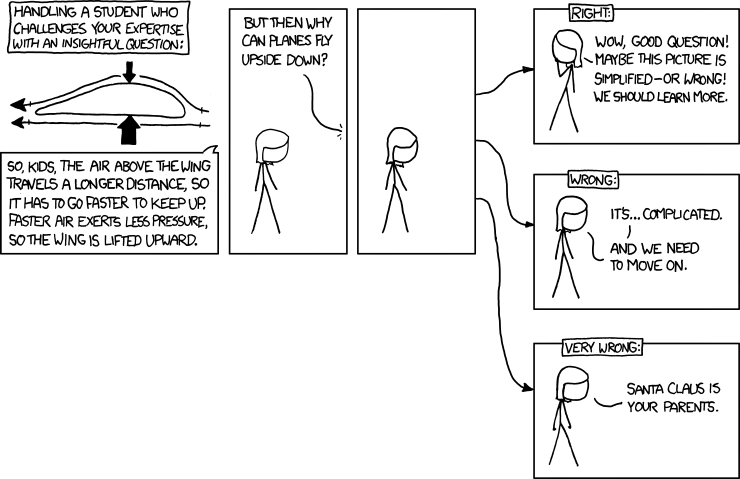Tom English has recommended that we read Dembski and Marks’ paper on their Law of Conservation of Information (not to be confused with the Dembski’s previous LCI from his book No Free Lunch). Dembski also has touted the paper several times, and I too recommend it as a stark display of the the authors’ thinking.
Most people won’t take the time to carefully read a 34-page paper, but I submit that the authors’ core concept of “conservation of information” is very easily understood if we avoid equivocal and misleading terms such as information, search, and target. I’ll illustrate it with a setup borrowed from Joseph Bertrand.
The “Bertrand’s box” scenario is as follows: We’re presented with three small outwardly identical boxes, each containing two coins. One has a two silver coins, one has two gold coins, and one has a silver coin and a gold coin. We’ll call the boxes SS, GG, and SG. We are to randomly choose a box, and then randomly pull a coin from the chosen box.


